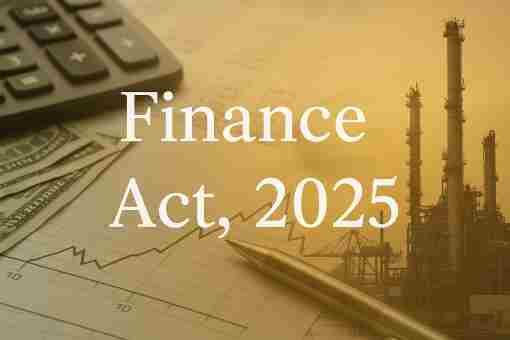Karachi, June 30, 2025 – The government has officially notified revised super tax rates through the Finance Act, 2025, which will take effect from July 1, 2025, for the tax year 2026 and onward.
These changes to the super tax structure aim to ease the tax burden on high-income earners while maintaining fiscal balance.
The super tax, originally introduced under Section 4C of the Income Tax Ordinance, 2001, via the Finance Act, 2022, was designed to generate additional revenue from individuals and entities earning exceptionally high incomes. However, the tax has been at the center of legal disputes and criticism for being overly punitive, prompting the government to revisit its structure.
Through the Finance Act, 2025, the government has now revised the super tax rates downward for several income brackets, aiming to provide relief to large taxpayers while preserving the tax’s core objective—equitable contribution from the wealthiest segments of the economy.
Under the updated structure:
• Income up to Rs150 million will continue to be exempt from super tax, with the rate fixed at 0%.
• For income between Rs150 million and Rs200 million, the super tax remains at 1%.
• Income exceeding Rs200 million but not more than Rs250 million will now be taxed at 1.5%, down from the earlier 2%.
• Income between Rs250 million and Rs300 million will attract a 2.5% super tax, reduced from 3%.
• For income over Rs300 million but up to Rs350 million, the new super tax rate is 3.5%, previously 4%.
• Income between Rs350 million and Rs400 million will now be taxed at 5.5%, a drop from 6%.
• For income from Rs400 million to Rs500 million, the super tax rate has been lowered to 7.5%, down from 8%.
• Income exceeding Rs500 million will continue to face the maximum super tax rate of 10%, which remains unchanged.
These adjustments reflect the government’s intent to strike a balance between revenue generation and investor confidence. The reformed super tax structure is expected to provide relief to corporations and high-net-worth individuals while maintaining progressive taxation principles.
